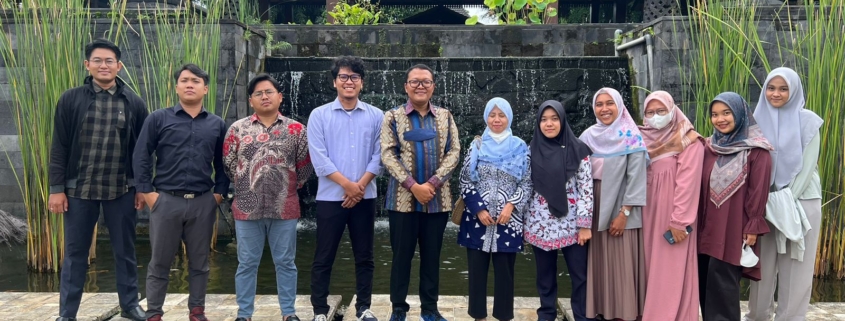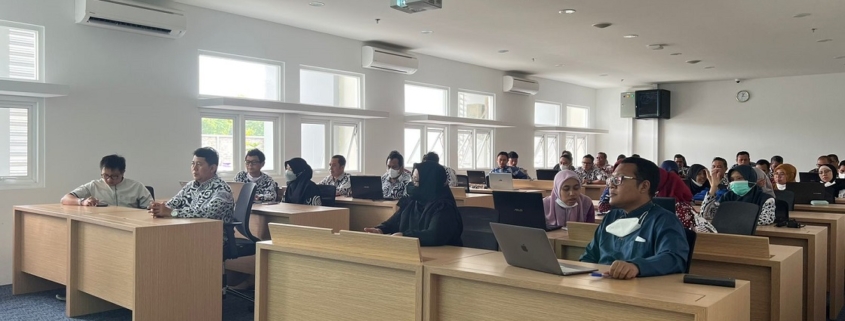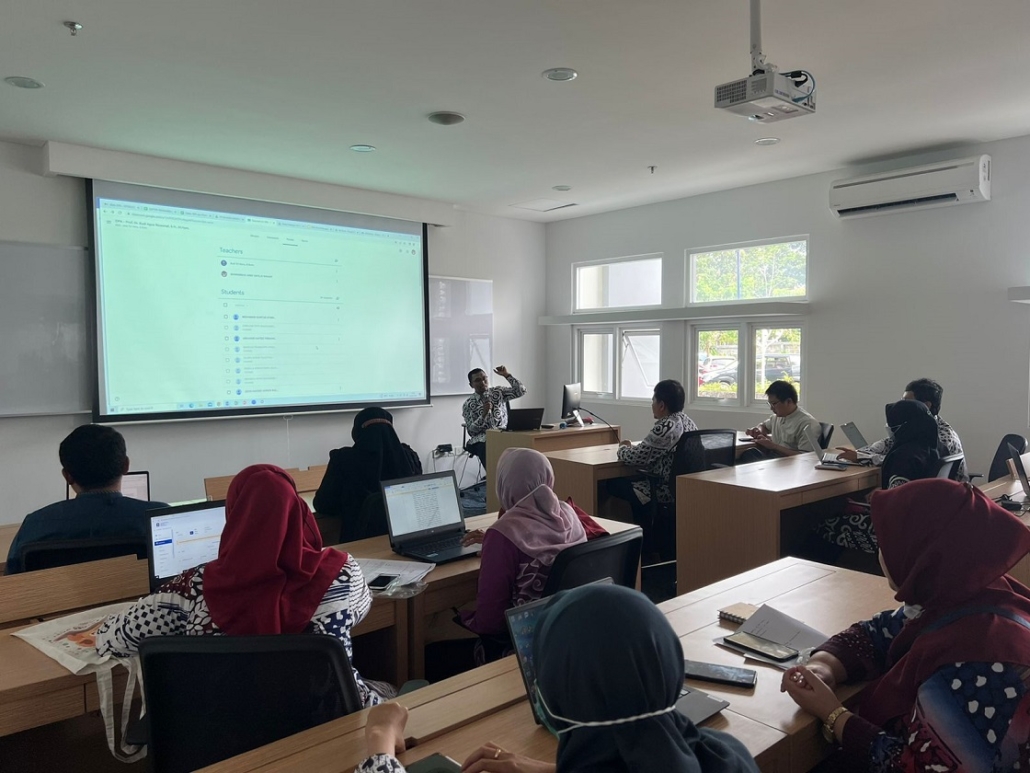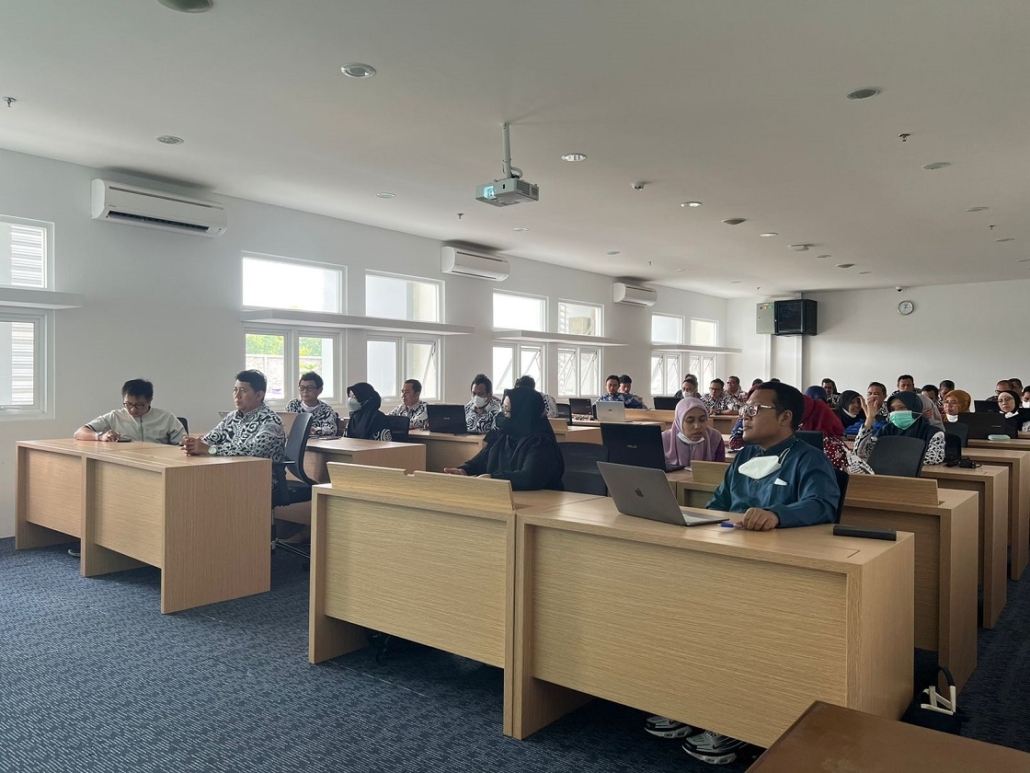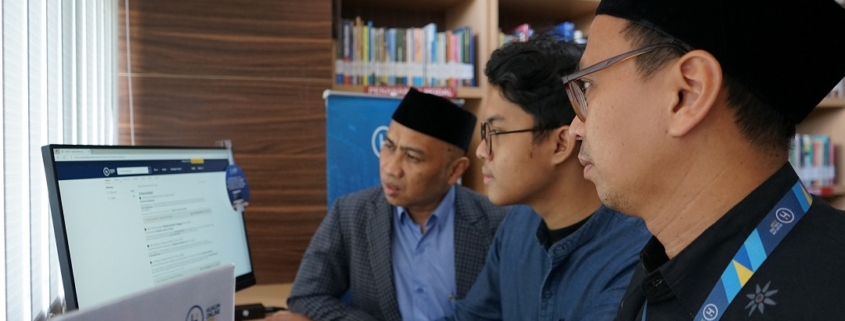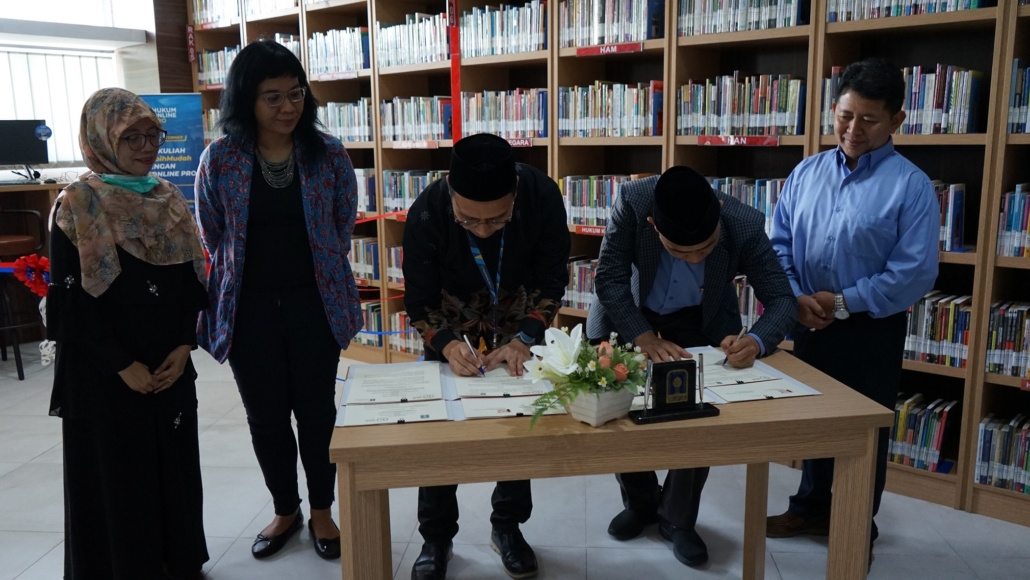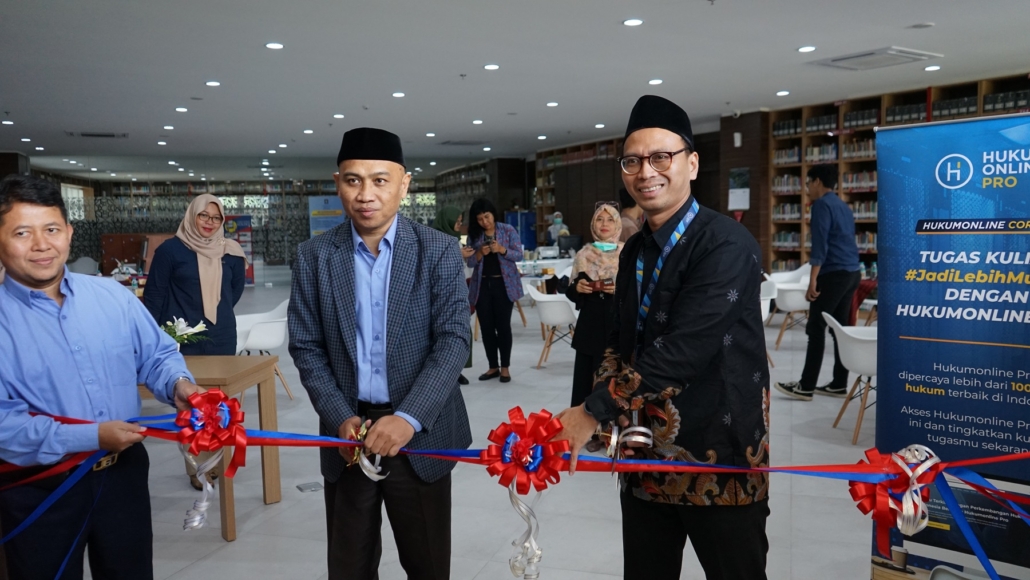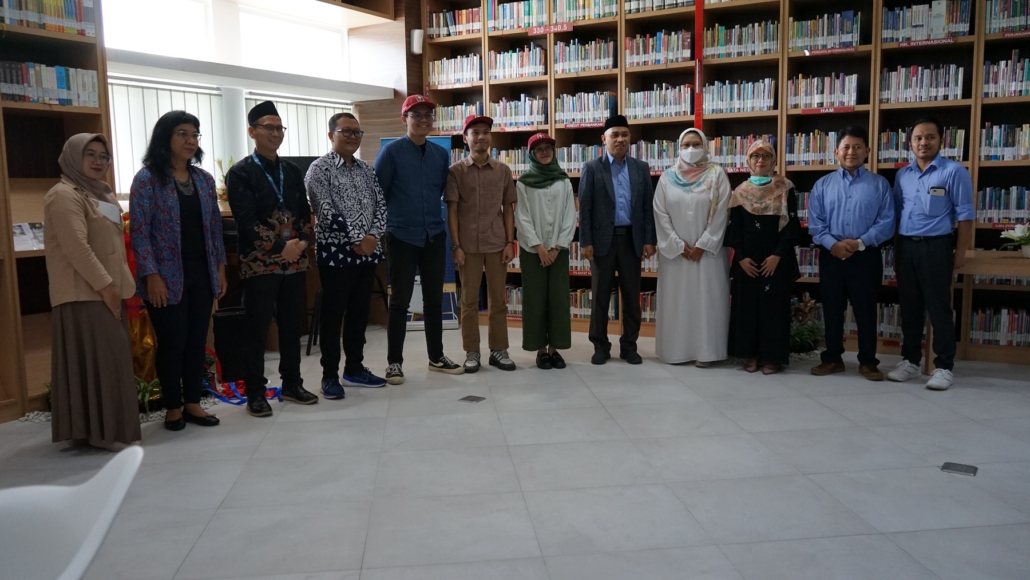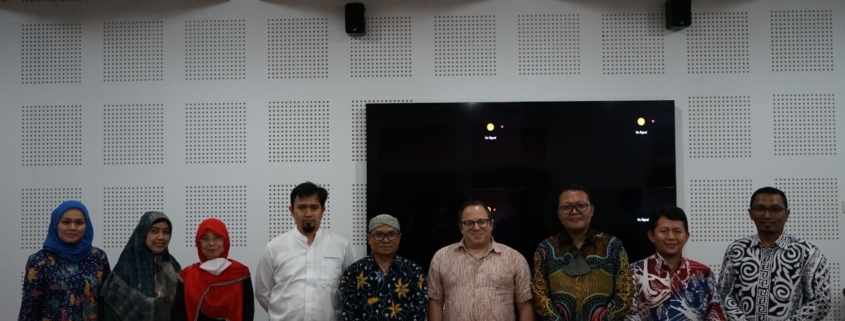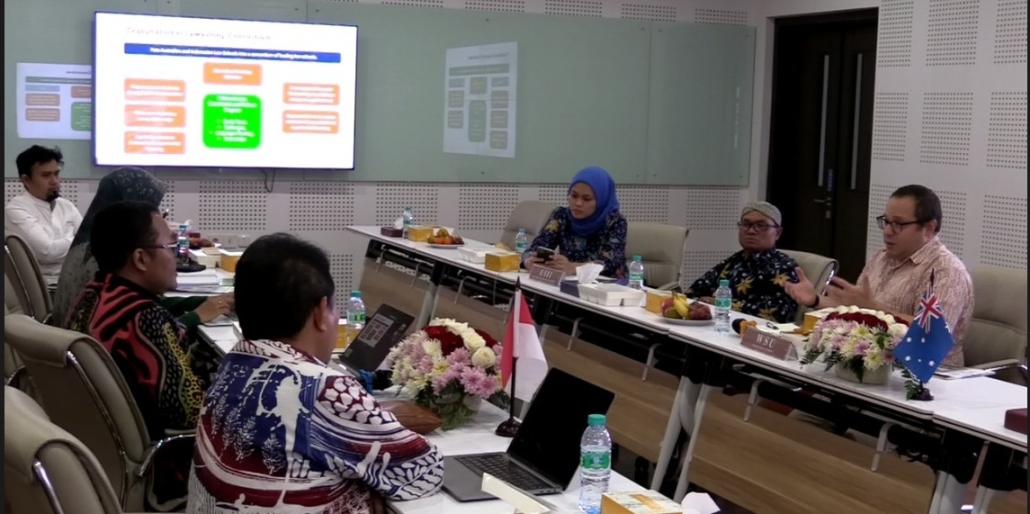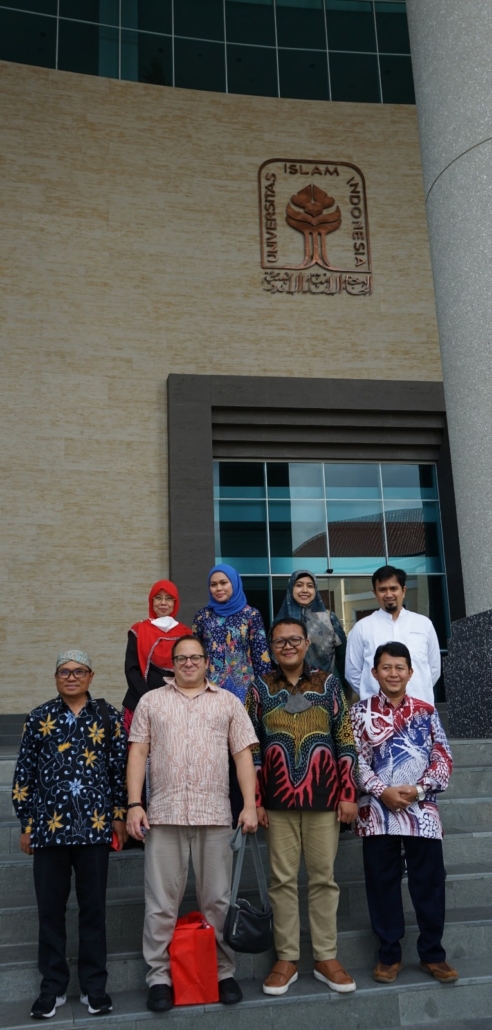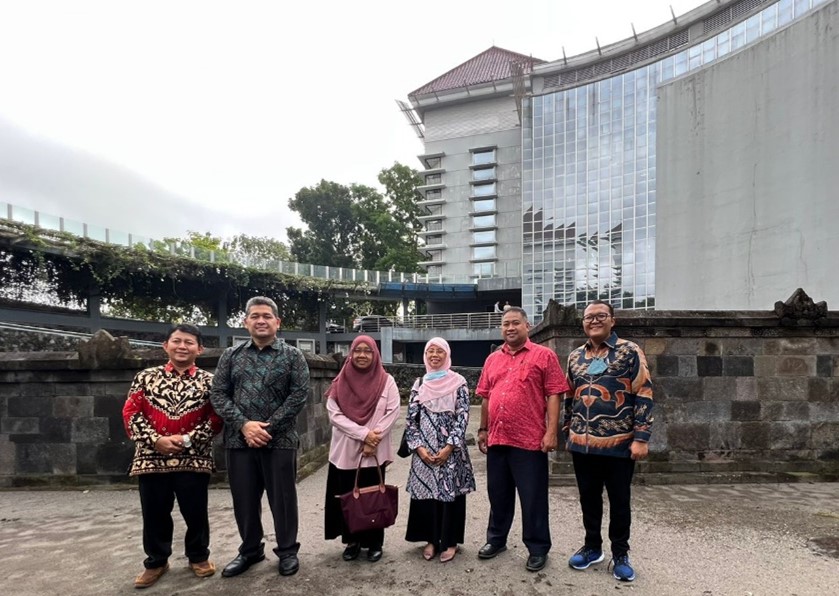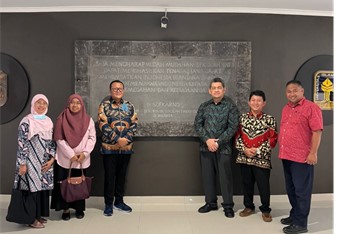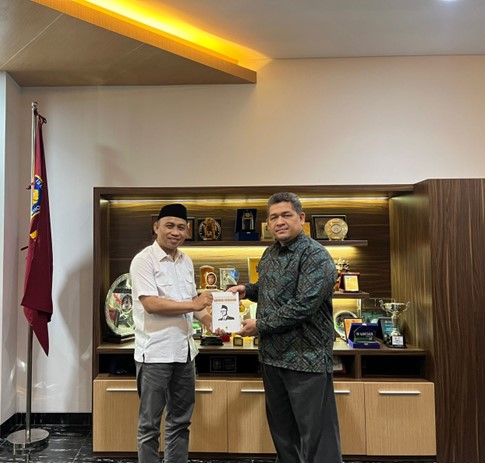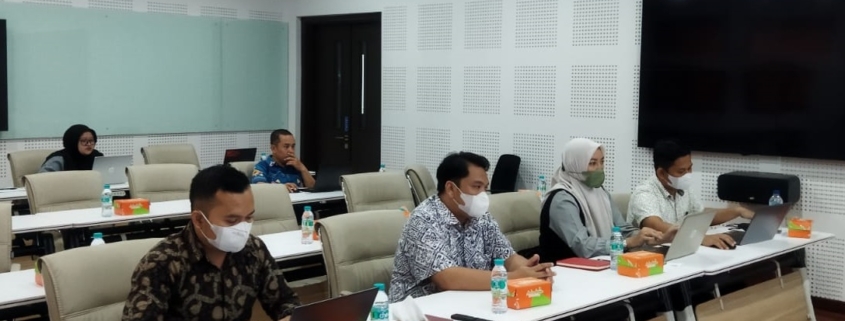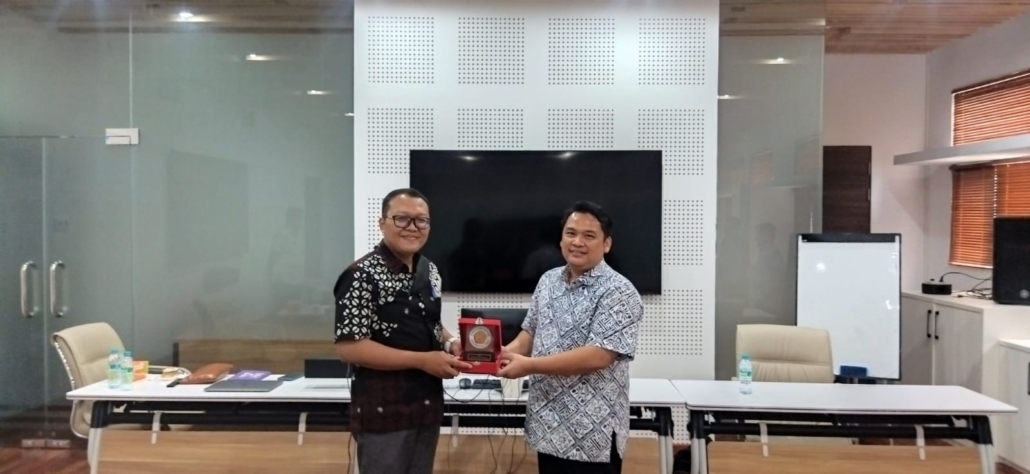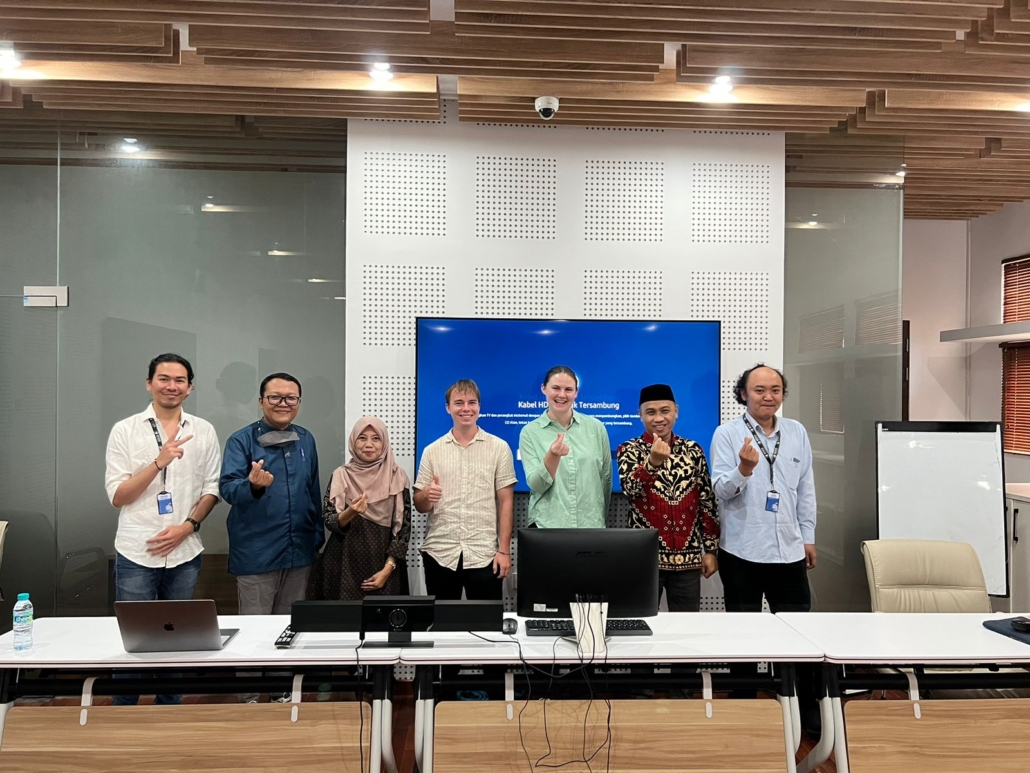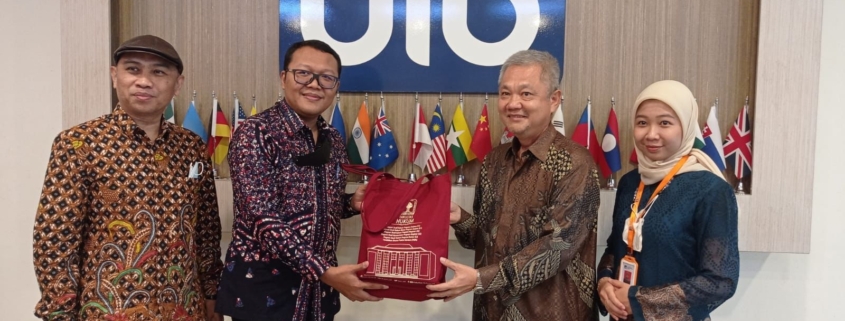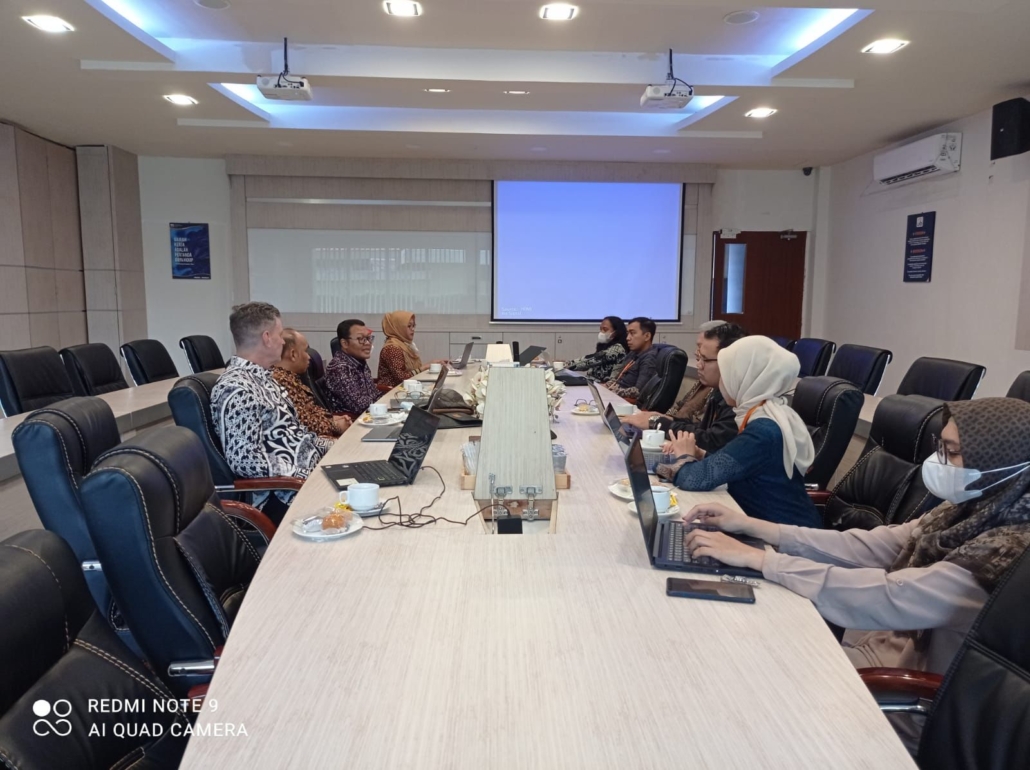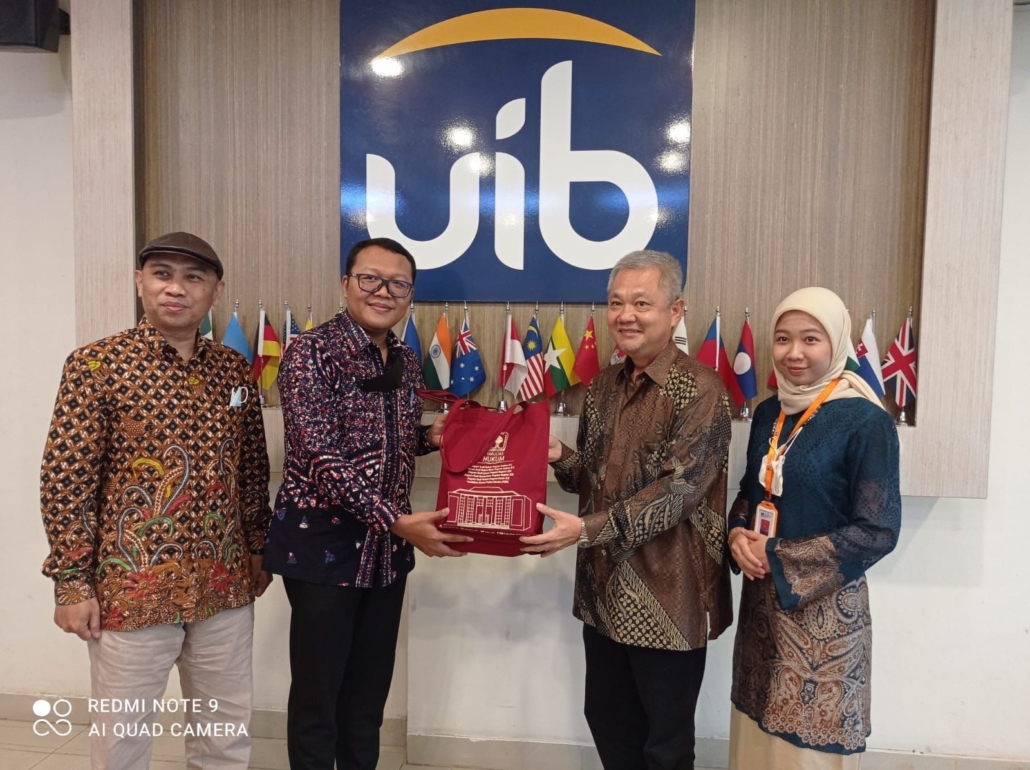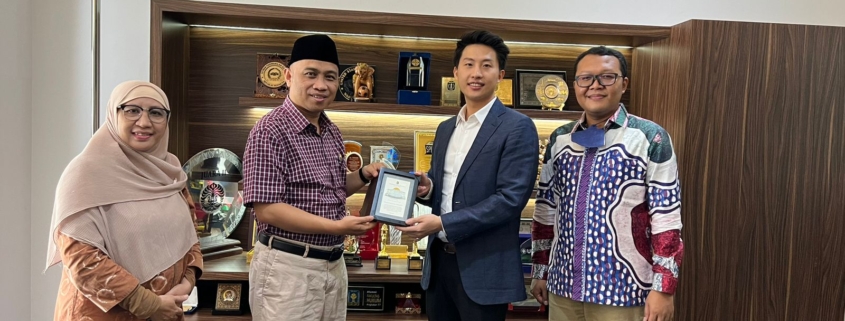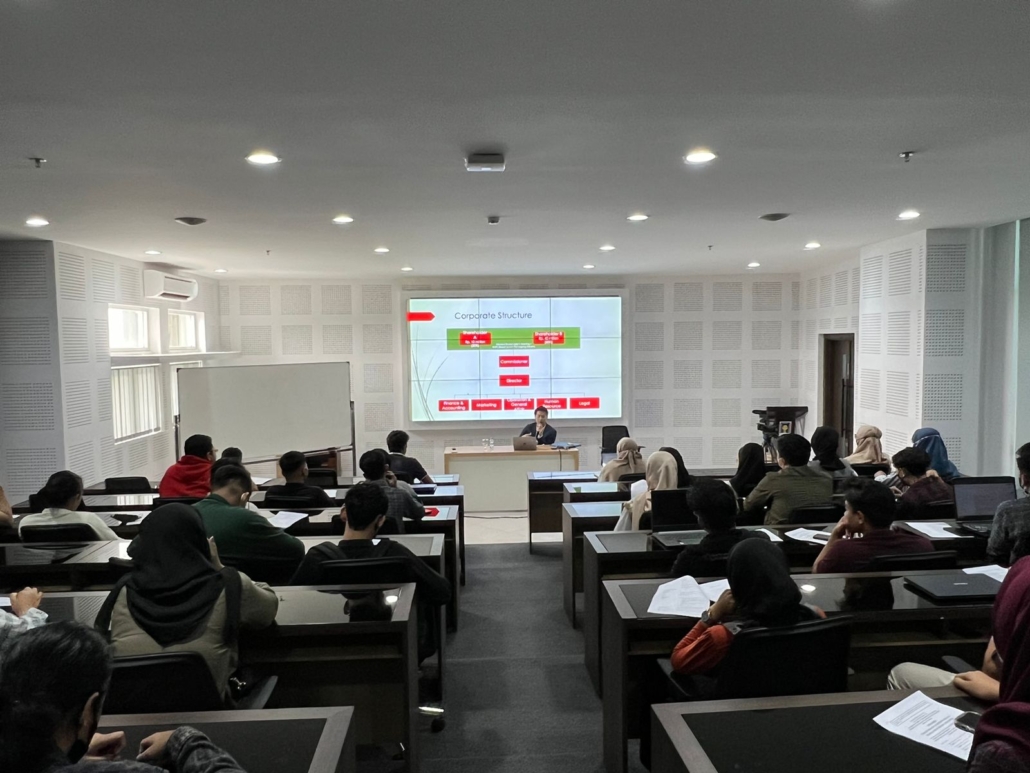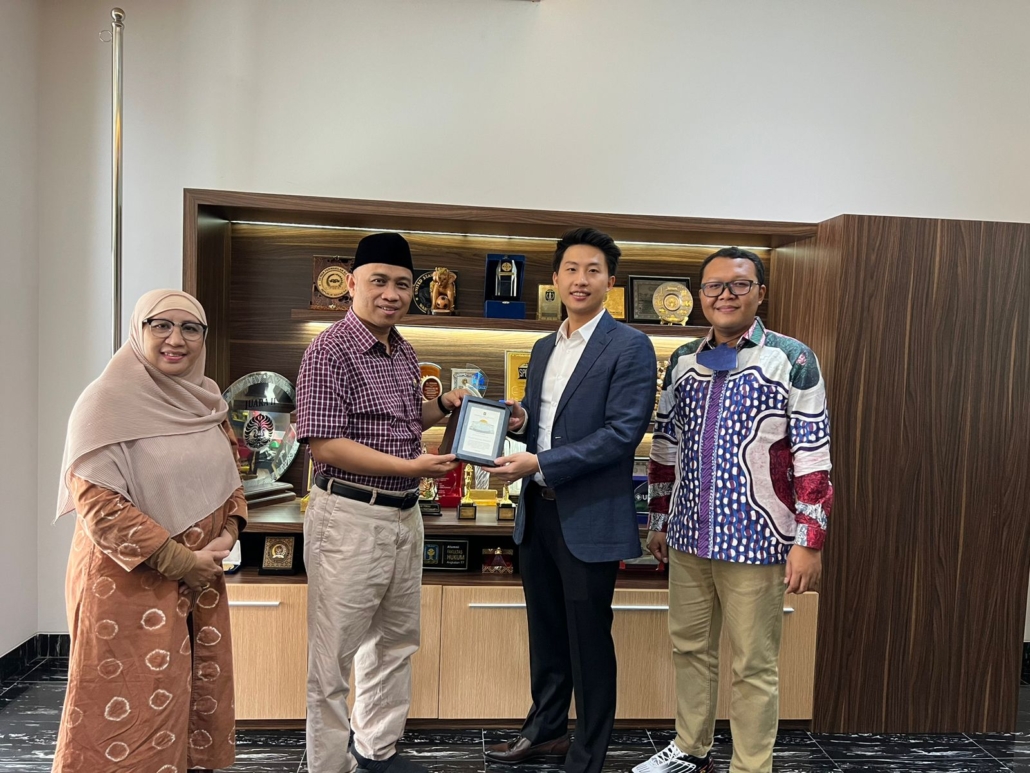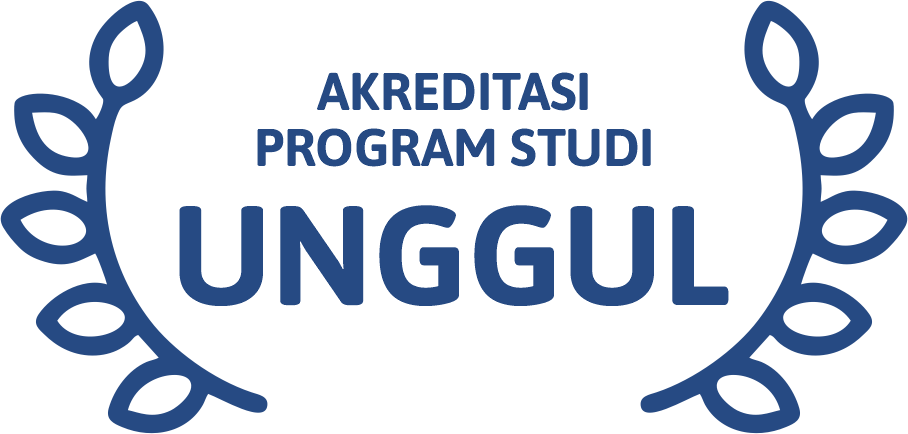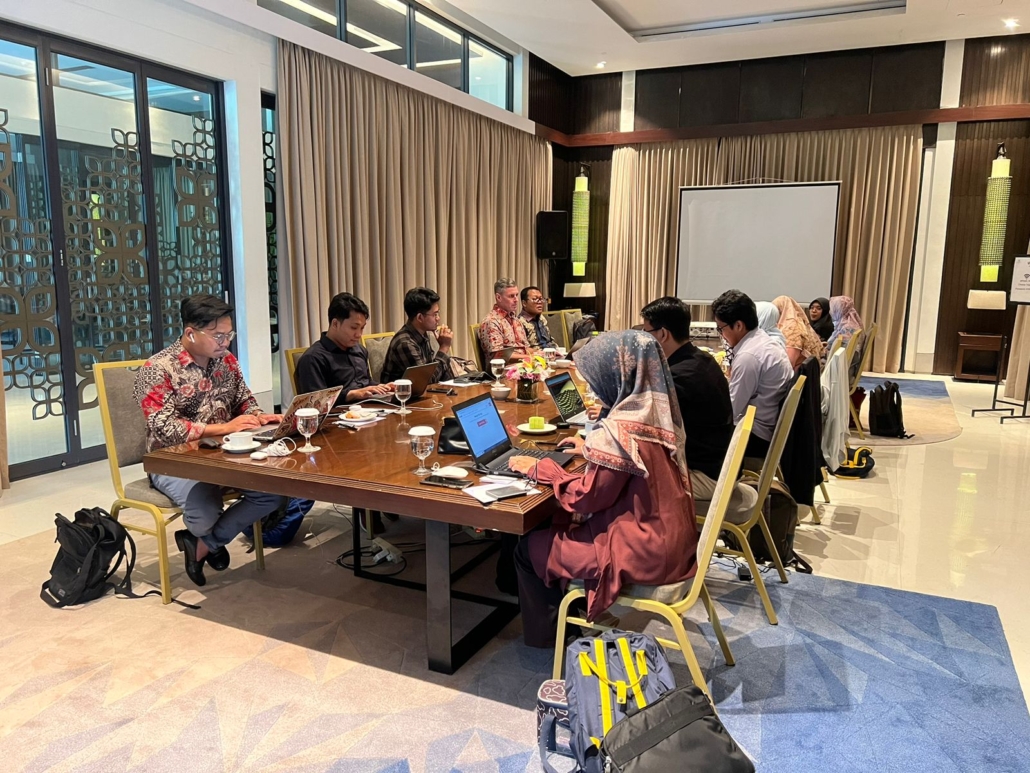
The International Undergraduate Program in Law Faculty of Law, Universitas Islam Indonesia on last week and this week (20/03/2023) & (27/03/2023) carried out the Consulting Process for the Translation of the Module for Legal Proficiency Courses for five courses. This activity took place in the Erasmus+ room on the 3rd floor of the Faculty of Law with participants including all International Program staff, several staff from the Education and Training Center (PUSDIKLAT FH UII) directed by several lecturers for proofreading including Dodik Setiawan Nur Heriyanto, S.H., M.H., LL.M., Ph.D. as Head of Undergraduate Program in Law, Dr. Aroma Elmina Martha, S.H.,M.H. as Secretary of the International Undergraduate Program in Law, and Christopher M. Cason, JD., LL.M. as a permanent lecturer at the Faculty of Law, Universitas Islam Indonesia.
The five modules translated were: (1) Legislation Drafting Course Module, (2) Contracts Drafting Course Module, (3) Practice of Prosecution Course Module, (4) Practice of Investigation Course Module, and (5) Advocacy Course Module. The total number of pages of all modules is approximately around 1000 pages and will be used as learning material for Practicum Subjects in the International Program.
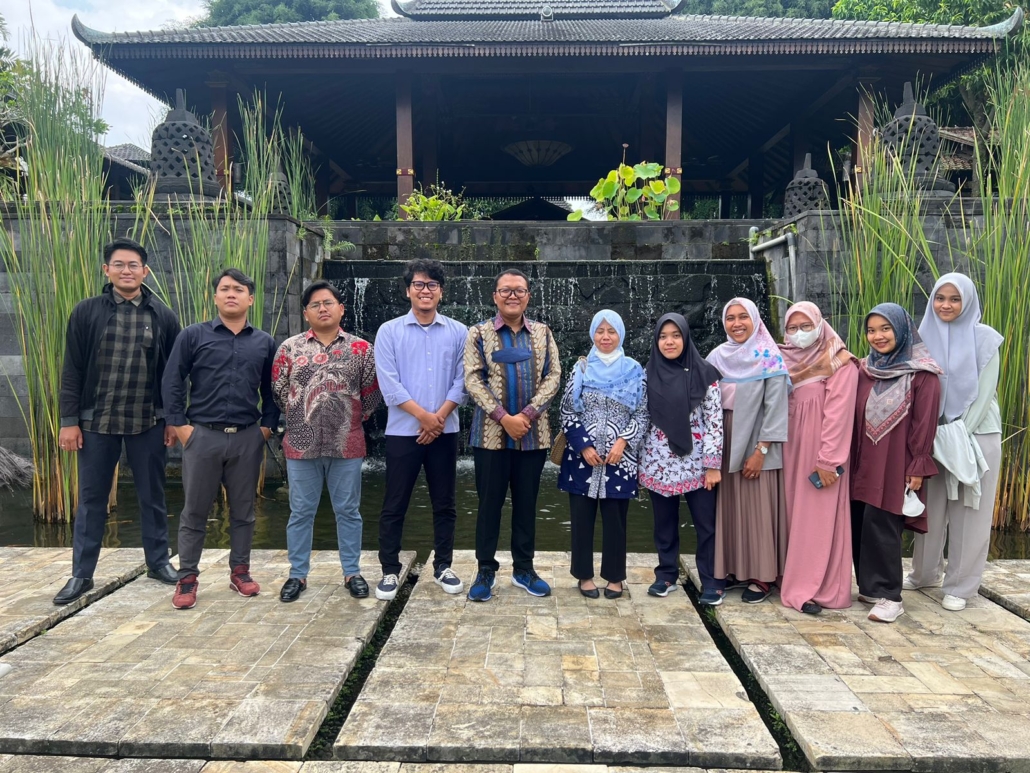
The Head of Undergraduate Program in Law, Dodik Setiawan Nur Heriyanto, S.H., M.H., LL.M., Ph.D. who also led the translation team expressed his gratitude for the realization of this activity. “All modules will be used as learning materials in the International Program and will serve as a handbook for International Program students, especially foreign students so that they can more easily understand the Practice of Procedural Procedures or Legal Practice in Indonesia. Of course, besides students studying legal practice in Indonesia, they are also emphasized to learn comparative aspects of the Common Law system.” he concluded.

